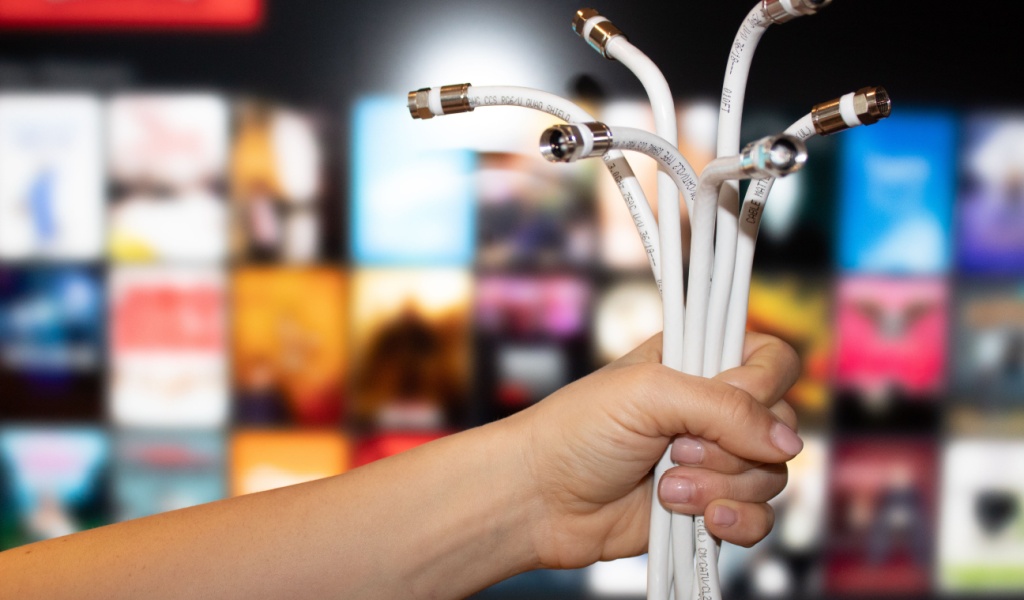When you start to see a consistent surplus in your income versus expenses, it’s time to start thinking about saving. Saving money regularly is extremely beneficial. When you have cash in savings in the bank, it can act as a cushion for you in case of financial emergencies such as hospital expenses, major car repairs, or joblessness. Moreover, saving up can help you to reach lifelong goals like starting your own business or buying your own house.
But remember, not all savings accounts are the same. So, it’s crucial to choose the perfect one that will benefit you best. Let’s explore the savings account options available.

Regular Savings Account
This is the most common type of savings account at a bank or credit union. If the credit union is a member of the National Credit Union Administration or your bank is a member of the Federal Deposit Insurance Corp, then your savings are insured up to $250,000 per depositor, per ownership category.
These basic savings accounts offer straightforward access to cash and allow you to earn interest on any money you deposit. The rates, however, are typically only about 0.01%. However, yields have increased at many banks and some credit unions to fight inflation, so it’s a good idea to take some time to shop around for an institution that provides the best terms.
Online Savings Account
Online banks are an accessible and convenient way to manage your money from anywhere around the world with just a smartphone. And the best part? Online savings accounts are as safe as those of federally insured banks and credit unions as long as you stay within the guidelines of the FDIC and NCUA for credit unions. Moreover, online savings accounts offer higher yields than financial institutions with brick-and-mortar branches because of lower overheads.
Similar to traditional banks, online banks limit withdrawals to six per statement cycle, so make sure you are aware of your account’s terms to avoid any penalties.
High-yield Savings Account
While traditional and high-yield savings accounts are similar, the key difference lies in the interest rates, which are higher in high-yield savings accounts. As a result, this allows you to grow your savings quickly without compromising liquidity and safety.
Student Savings Account
As the name suggests, student savings accounts are designed specifically for students. They have features that make banking easier for youngsters with moderate financial means. For instance, there are no minimum opening deposits with such accounts and no monthly service fees either.
However, there are some drawbacks to consider as well. Student savings accounts do not offer competitive yields, and the choice between providers is generally limited. Most banks and credit unions offer student checking accounts, but student savings accounts are less common. If you’re finding it too difficult to find a savings account as a student, don’t be discouraged – you can still find a savings account with good APY and no monthly fees!
Health Savings Account (HSA)
HSA is similar to a standard savings account, but it’s designed for one purpose – to pay medical expenses. You must be enrolled in a high-deductible health plan to open an HSA, and you or your employer can contribute to the account. The primary benefit of this account is its tax advantages because you can fund it with pretax dollars. Plus, you don’t need to pay any taxes upon withdrawals either. For people who know that they have hefty medical bills on the horizon, a Health Savings Account offers more value than any other type of savings account!

Certificates of Deposit
Certificates of Deposit are savings accounts that pay interest on a specified amount for a fixed period. They offer competitive interest rates, but the money should sit in the account for a stipulated period, which could be six months, a year, or more. If you withdraw cash before the end of the term, you may be subjected to a penalty. This type of savings account is ideal for people who want to lock in high interest rates and can afford to set aside a chunk of their money for a specific period of time.
Money Market Accounts
Money market accounts are deposit accounts that pay variable interest rates that can change at any time. You can find them at most traditional banks, credit unions, and online banks. Also called hybrid accounts, Money Market Accounts come with debit cards or checkbooks and allow frequent withdrawals. Such savings accounts are suited for people who want higher interest rates without locking in their money. Moreover, the more competition there is, the higher the interest rate, so it’s perfect for those who want to invest large amounts of cash without needing to access the funds immediately.
Cash Management Accounts
These are non-bank accounts that are managed online and gain competitive interest rates. They’re not designed explicitly for savings but allow you to hold your savings and investments. Online banking platforms and brokerages offer cash management accounts, usually with lower interest rates than high-yield savings accounts. But it’s still higher than traditional savings accounts. It makes an attractive option for investors who want to maximize their cash with interest rates while they keep it mixed in with their investment portfolio.
Bottom Line
It’s essential to identify the different types of savings accounts to choose one that can help you achieve your savings goals. Think about your needs and your requirements. Do you want the highest return even while sacrificing liquidity? Or do you value liquidity and security?
Sit down and have an honest discussion about how much money you can afford to put into savings; maybe with yourself, your partner, or other members of your household. It’s vital to ensure that you’re all on the same page, or your efforts will be for nothing.
First, you must build an emergency fund that you can easily access. Then you can work towards accomplishing your other savings goals with the account that suits your needs. If you’re feeling overwhelmed by all the choices, feel free to ask for help understanding where you stand financially and how you can get to where you want to be.



